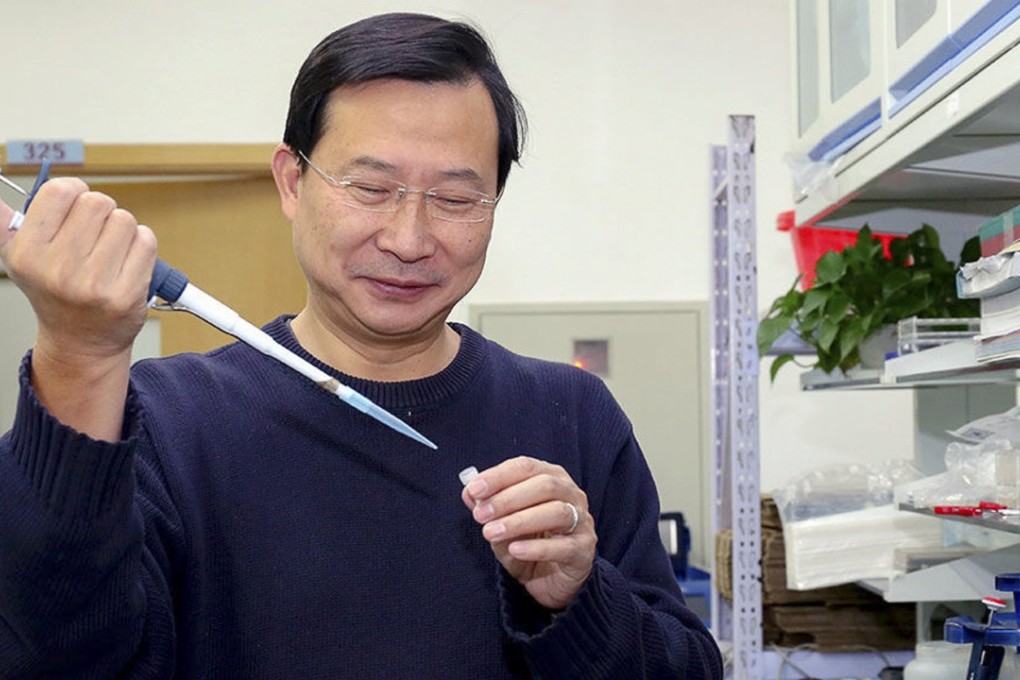US visa restrictions on Chinese scientists make no sense
Global collaboration is needed to benefit from the latest technologies, so the biggest losers of the Trump administration’s senseless policy is humankind itself

Collaboration is important for scientific research and especially so when it comes to fighting diseases. The adage that “two heads are better than one” aptly applies; today’s medical studies are complex and multi-faceted and require a knowledge of different technologies, necessitating a pooling of talent. Leading Chinese neuroscientist Rao Yi is therefore perplexed as to why the United States has repeatedly rejected his visa applications to attend conferences. Such events are often where researchers working in similar fields connect and form relationships that can lead to fruitful collaborations.
Neuroscience is not among fields affected by new rules introduced by US President Donald Trump’s administration last month to counter China’s hi-tech ambitions. Worried about competition and intellectual property theft, visas for Chinese graduate students involved in robotics, aviation and advanced manufacturing were reduced from a maximum of five years to 12 months. Such a move is short-sighted and counterproductive, ignoring the invaluable contribution foreign scientists have made to American technology. Rao well knows that; he studied and worked in the US for 22 years.
But he returned to China in 2007, taking up a job as the dean of Peking University’s school of life sciences, and later gave up his American citizenship. He has been unable to return to the US since 2016, with his visa applications being turned down. Countries have the right to bar from entry whoever they want and do not need to explain why; the academic says he has never been told why he is no longer welcome in the US. Blocking so eminent a scientist makes no sense, though, given the importance to the world of better understanding the brain and developing treatments for neurodegenerative diseases like Alzheimer’s and mental illnesses.
Restricting Chinese scientists from working in the US or collaborating with American counterparts based on nothing other than citizenship is a senseless strategy. It limits the pool of talent that can be drawn on while shutting the door on collaborations that may lead to scientific advances. The US suffers, but so does humankind.